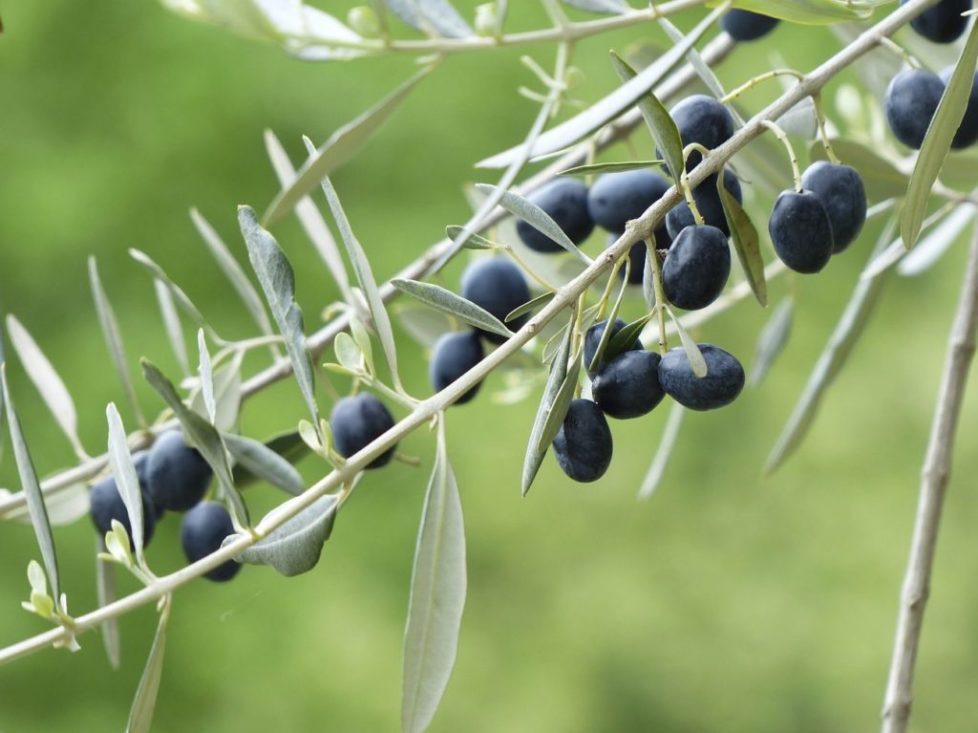
There is mention of “virgin” or “extra virgin” on the olive oil bottles. Does it really matter ?
The extra virgin mention (or extra-virgin or even extra-virgin) means that the oleic acidity level is lower than 0,8%. Be careful not to confuse with the taste acidity of certain oils, it has nothing to do and we will explain everything to you.
Extra virgin olive oil (HOVE)
L’extra virgin olive oil is the top of the range olive oil. It must have a rate measured in percentage of free oleic acid. If this rate is between 0 et 0,8%, then the oil is classified Extra Virgin. If the rate is between 0,8 et 2%, then it will be downgraded to “Virgin”. Beyond 2%, the oil will be classified “Obvious” and will be used for oil lamps or for the manufacture of Marseille soap.
Free oleic acid does not reflect acidity (taste). It is not perceived on the nose or in the mouth. It reflects the level of degradation of the fat in the oil, its level of oxidation somehow. An oil with a high oleic acidity level will taste musty but not sour..
Where can this taste and therefore this drop in oil quality come from? ?
- The olives may have waited too long and been poorly stored before being crushed.
- That the olive paste has oxidized by remaining too much in the open air.
- Poor oil storage.
As we have seen, and “sour taste” or spicy and it, on the contrary, is a sign of quality oil for a green fruitiness at the start of the season.
What does extra virgin olive oil taste like? ?
Extra virgin oil from Provence is very easily recognizable by its aromas of freshly cut grass, artichoke or tomato leaf. If you taste an oil that tastes rancid or rusty, it is an oxidized oil. So even with the mention “extra virgin”, it may not be a very high quality oil.
Some oils do not mention “extra virgin” ?
The mùoulins do not necessarily highlight this mention or indicate it in small somewhere on the bottle. The reason is simple : AOP and AOC oils impose maximum acidity levels much lower than that “extra virgin”. So by buying a PDO or AOC oil, you have the assurance of buying a top-of-the-range and controlled oil.
Benefits of Extra Virgin Olive Oil
Very rich in vitamin A, E and antioxidant, Extra Virgin oil is the one that provides the most benefits for the body. Olive oil Extra Virgin is not the only criterion to be monitored to ensure the nutritional and taste qualities. Container, controlled designations of origin … even medals during competitions, can be useful to you. If all the quality criteria are not met, the nutritional benefits of olive oil can be much less.
Extra virgin oil will lose all its nutritional value after 70°C.. It is therefore not advisable to cook with a product of this quality. It is better to add the oil at the end of cooking to preserve all its aromas.
Can you recognize an extra-virgin oil by its color? ?
The color does not really bring an asset to differentiate a good oil from a bad one. It all depends on the varieties of olives, the terroir and the time of harvest.
Extra virgin and organic ?
A extra virgin olive oil can of course be organic. On the other hand, the orchard and the olives will have to be, but also the mill that will grind them.
Oil storage
Extra-virgin oil is a product sensitive to heat and light. It will therefore be important when choosing, avoid thin, transparent plastic bottles. The product will have undergone significant heat changes, as well as exposure to light before reaching the shelves. Prefer opaque bottles in smoked glass or iron canister. No estate or traditional mill wouldn't put oil in a plastic bottle. So even with a mention “extra virgin” written in large, beware of olive oils in large plastic containers.